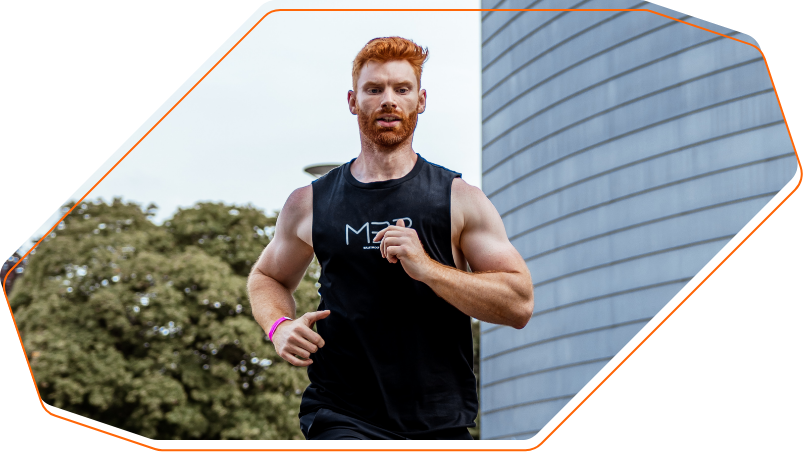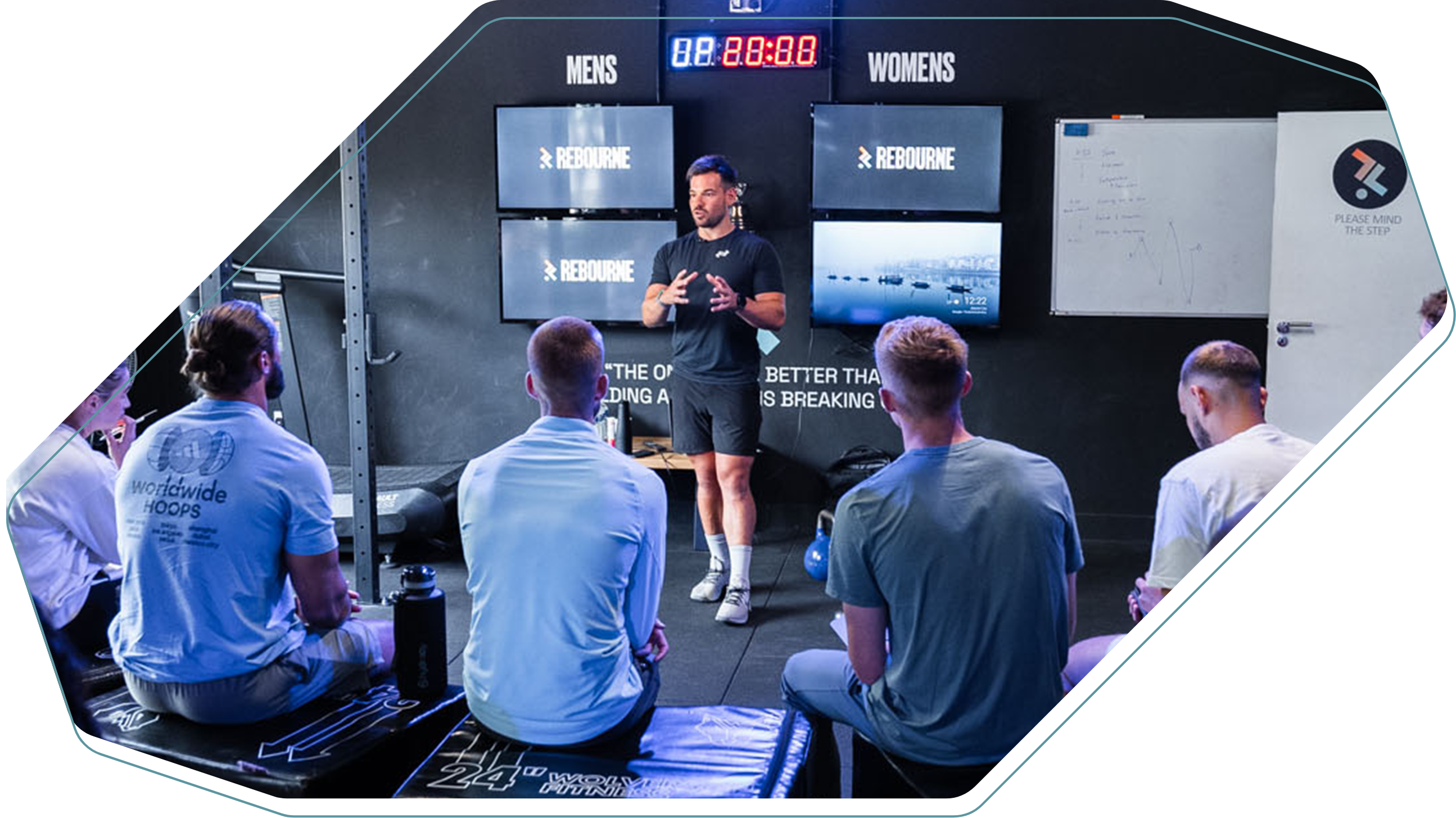Marathon Training – WHERE TO START?

Signed up to your first race but feeling unsure where to start with piecing together a training plan? Quite simply, the way you approach marathon prep really depends on what you want to get out of it, and your goals for the race ahead.
A standard marathon training plan – wherever you source it from – will feature a variety of intensities amongst progressive volume over a 12-16 week block (usually). Bespoke plans are also available, and can be designed around your predicted or target pace, from your 5, 10 or 21km race times. All running plans will progress the distance you run and time on your feet weekly, with a tapering phase towards the end of the programme. As such, your body must be in a place whereby the increased mileage won’t cause injury. Having the necessary mobility and strength prerequisites is therefore key – whatever your running experience.
How to structure strength training around running
Strength training during marathon prep should be geared towards creating the correct amount of stimulus to maintain mobility and strength, ensuring that your subsequent mileage can be achieved. Within marathon prep, strength sessions aren’t designed to build top end strength – they are (or should be) targeted towards capacity and strength endurance. This is to ensure your lower limbs can tolerate load, recover quickly and perform consistently as your running volume increases.
We recommend 2-3 S&C sessions per week – each with a full body ethos, but with individual session bias to the hip, knee (e.g. hinge/squat patterns) and upper body. Sessions should aim to include 4-6 movements from start to finish, with 2-4 sets of each exercise. The integrated movements should train mobility, stability, strength and capacity. Within these you want to look to include isometrics, low level plyometrics, strength work and targeted volume of patterns that mimic the demands of running. Our advice would be favouring locomotive patterns and unilateral hinge and squat patterns through the lower body, as well as unilateral upper body patterns to engage the trunk/core muscles too.
As your running volume increases, the reciprocal should happen in the gym. As time on your feet goes up, aim to maintain the structure of your sessions with similar movements, but decrease the volume (weight and sets). This will see you provide the correct stimulus to your muscles and joints to stay in peak condition for your race.
Our top tips for safely increasing your running volume
1) Be progressive not aggressive – When training for a marathon, the key is to increase your running time/distance progressively over your training period.
2) Balance your mileage with mobility and strength training – Strength is a prerequisite to running, so be sure to train single limb strength and stability in movements that transfer well to running mechanics.
3) Vary your sessions – If you’re running 3-4 times per week, look to incorporate a shorter run at a higher intensity (tempo run), a longer run at a lower intensity (i.e. ‘the long run’) and either an intervals or hills session.
4) Invest in the right shoes – Finding the correct support, design and compatibility for the surface you plan to run on during training will provide you with a platform to perform run after run. Remember – what’s right for someone else isn’t necessarily right for you.
5) Fuel appropriately – Eating in line with your expenditure will be key throughout your training to both optimise your performance and recovery. What’s more, learning about intra fuelling (during your runs) will help prepare you with a winning strategy come race day.
Looking for support?
Whether you’ve completed a marathon in the past are looking to take on your first race, our RUN SHAPE RESILIENCE Marathon training programme is the ultimate hybrid training programme for runners! RSR continues to support endurance runners across the globe with their endeavours and is fully equipped to see you excel across 26.2 miles.
If you are looking for something more bespoke, tailored to you and your specific race goal, our 1-1 Bespoke Coaching will see you get to that start line ready to run like never before. With personalised running and strength sessions in line with your goals, nutritional guidance to help fuel your training sessions and map out your race day strategy, and ongoing support from our expert team – this guarantees to get you to your race start line strong, ready and with full confidence in your body!


